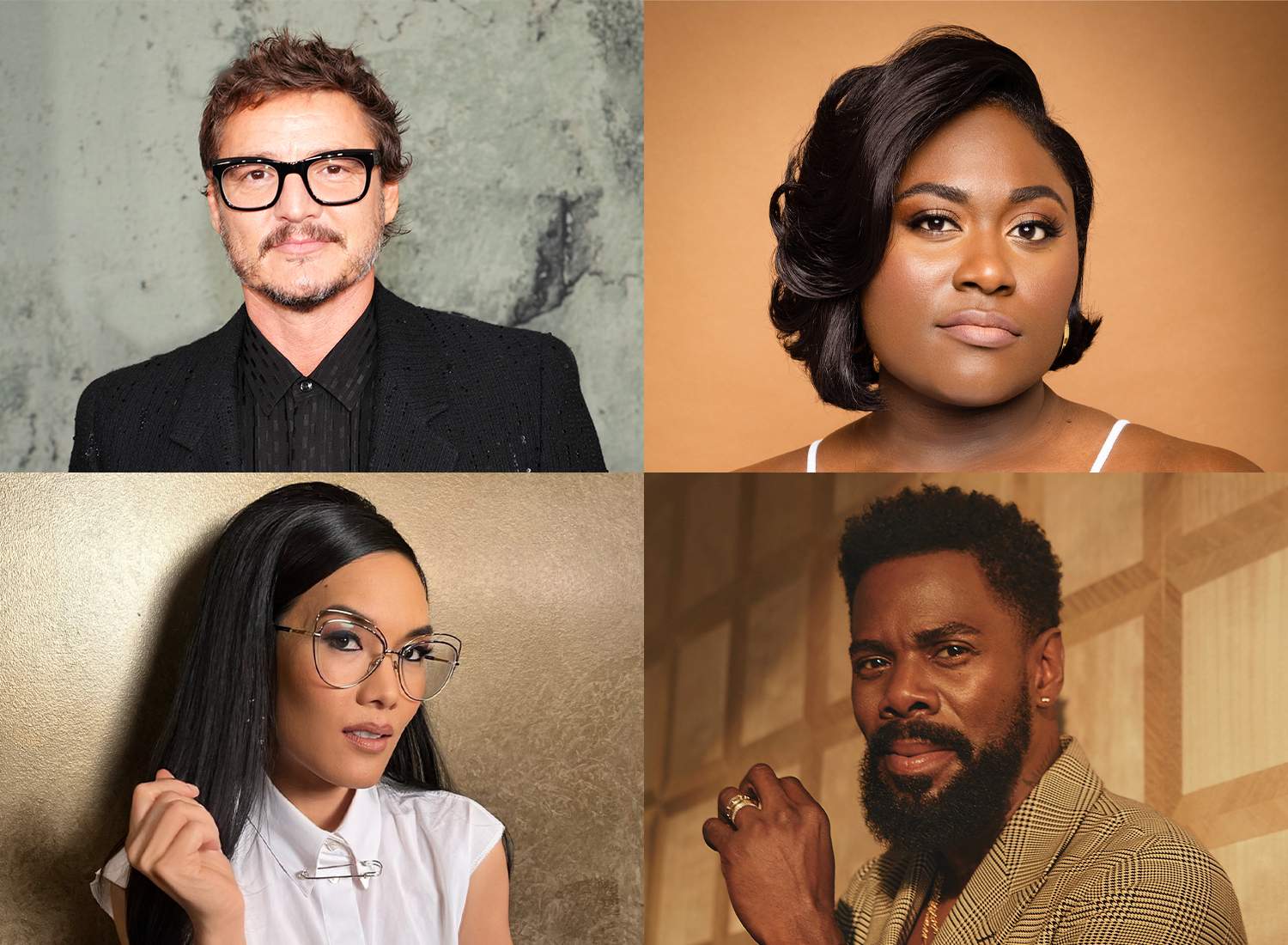
- 81st Golden Globe Awards
Diversity Front and Center with Golden Globe Nominations
The Golden Globes this year expanded its voter base, aiming for a slate of nominees that was more global and inclusive.
The difference is apparent.
Half the screenplay contenders are women and two of the six lead-actress contenders in a drama film are for non-English films: Sandra Hüller, “Anatomy of a Fall” and Greta Lee, “Past Lives.”
Two women are nominees for best director: Greta Gerwig, “Barbie,” and Celine Song, “Past Lives,” marking something of a historic trend with dual noms for women directors with Chloé Zhao and Regina King getting nods in 2021 and Jane Campion and Maggie Gyllenhaal repeating the feat in 2022.
Now that non-English-language films can compete as best drama, two made the cut: Neon’s “Anatomy of a Fall” and A24’s “Past Lives.”
In terms of racial/cultural diversity, contenders include such multicultural films as “American Fiction,” “Killers of the Flower Moon,” “Past Lives,” “John Wick: Chapter 4,” and “Spider-Man: Across the Spider-Verse” on the film side. In TV, there are “Abbott Elementary,” “The Bear” and “Beef,” among others.
For individual performances, the lineup includes Lily Gladstone, “Killers of the Flower Moon”; Colman Domingo, “Rustin”; Andrew Scott for the LGBT drama “All of Us Strangers”; Jeffrey Wright, “American Fiction”; Charles Melton, “May December”; and Fantasia Barrino, and Danielle Brooks for “The Color Purple.”
The TV roster includes Pedro Pascal, Quinta Brunson, Ayo Edebiri, Selena Gomez, Ali Wong, David Oyelowo, and Steven Yeun.
An expanded voting body has tripled in size, with voters on six continents. It’s the most diverse film-awards voting body among the major awards. The new breakdown of voters is 47% female, and 60% racially and ethnically diverse: 26.3% Latin, 13.3% Asian, 11% Black, and 9% Middle Eastern.
The Golden Globes continues its trend of highlighting international talent and selecting landmark films with a penchant towards shining a spotlight on deep-rooted cultural issues with films like “American Fiction,” “The Color Purple” and “Killers of the Flower Moon.”
Works like “Past Lives” and “Barbie” might not have been previously pushed for awards, respectively considered a “specialty film” and “just a crowd-pleaser,” but have earned nods from Globe voters.
TV has always been more bastion of growing diversity and this year’s slate of nominees continues that trend for the Globes, with past Globes contenders like “Reservation Dogs,” “Black-ish,” “Lupin,” “Pose,” “Ramy,” and “Squid Game.” These series broke ground in ways that big screen counterparts still struggle with achieving.
And while progress has been made in films, Latin, Asian, disabled, LGBT and Muslim characters are still often under-represented in major Hollywood movies.
So, have things changed forever with the Globes and Hollywood? Hopefully yes, but in subsequent years, it will depend on what’s available for consideration. It all starts with the hiring for film and TV of underrepresented communities.
Fingers crossed.

